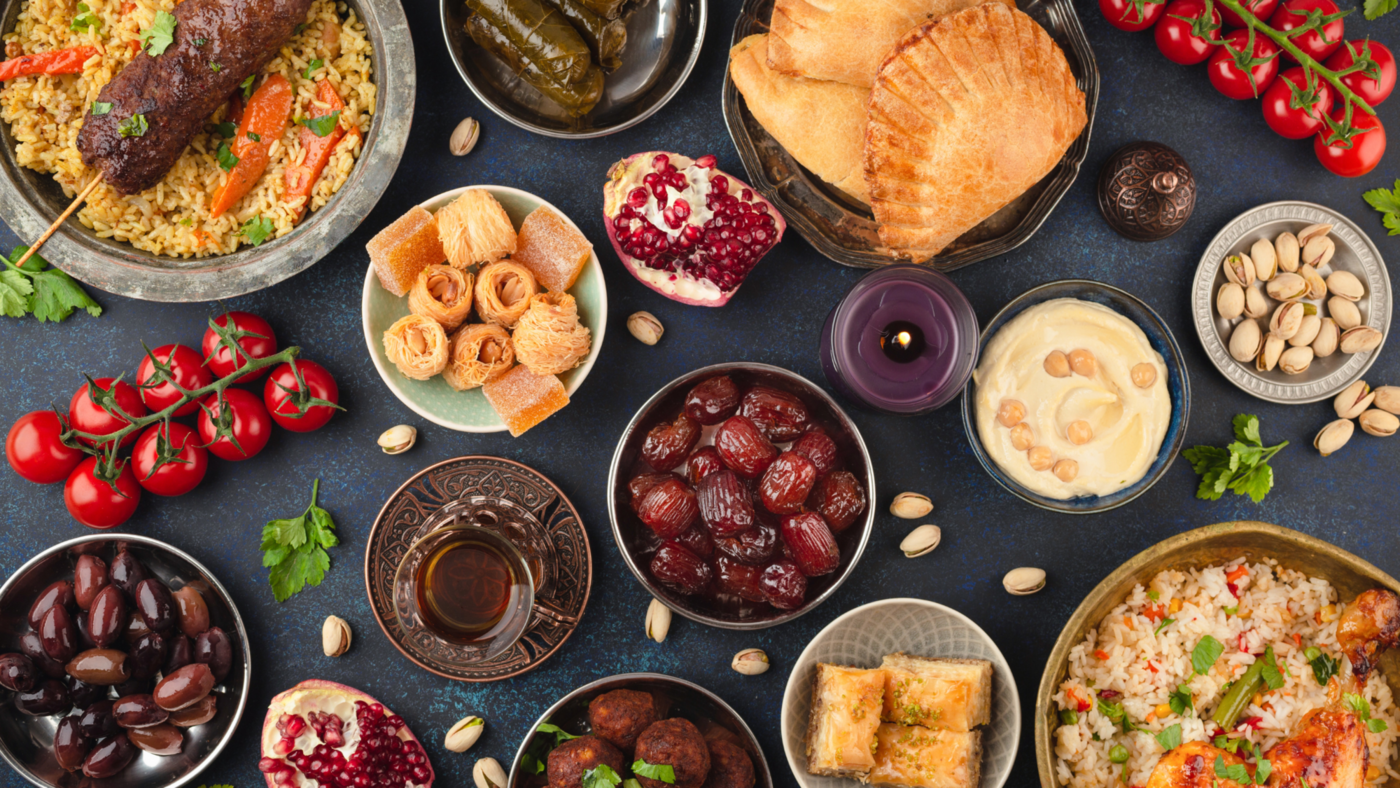Heritage Hour- Kuwaiti Cuisine
February 8, 2022

On arriving to Kuwait for the first time, an outsider might think that the national cuisine is McDonalds. They are everywhere. However, as an American, I know that is our national dish, or so many in the world think. What people don’t realize when visiting Kuwait is that there is a deep-rooted food culture that does not exist on Talabat. Though not as obvious as in Turkey where kebab shops line the streets, or as famous as Italian food where pizza restaurants are found in the middle of the rainforest, Kuwaiti cuisine is humble in origin, rich in flavor, and elusive to the outsider. Today we will look at the history of Kuwaiti cuisine and one beloved dish.
As we know, Kuwait rose to prominence in the region as a major shipping and trading hub. People from all over the world gathered in the bustling port to buy, sell, and trade goods. This, of course, included food. A merging of Persian, African, and regional Arabian Peninsula dishes combined with the ancient Mesopotamian cuisine that already existed in the region, gave Kuwait its unique flavor. In addition to the local fruits and nuts and abundance of sea food from the Gulf, Kuwait’s local delicacies are quite delicious.
Fish, lamb, beef and chicken are all readily available and usually served with basmati rice that is flavored with baharat, an Arabic spice blend. As in most regional cuisines, soups and salads are served alongside most meals, as well as khubz, an Iranian flat bread. Typical spices used in flavoring Kuwaiti dishes, aside from baharat, are coriander, cardamom and saffron (the most expensive spice in the world.)
Machboos, a flavorful traditional specialty, considered by many as the national dish, features an orchestra of spices, such as cardamom, cinnamon, turmeric, cloves, pepper, and ginger, as well as mutton or chicken all submerged in a bed of slow-cooked long-grain basmati rice that is flavored with saffron and rosewater. The aromatic delicacy is garnished with raisins, fried onions and roasted chickpeas and served with the famed tomato-based sauce cooked with garlic and cilantro called dakoos.
So, for those of you who are new to Kuwait or those of you who have made this beautiful land your second home, make it a point to venture outside of your comfort food zone and dive fork first into the local cuisine, you won’t be disappointed. Bilafia!

